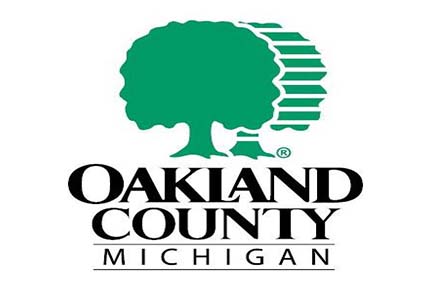
Menna Appointed Chief Attorney for Indigent Defense
Coulter Appoints Menna Chief Attorney for Indigent Defense
Pontiac, Michigan – Oakland County Executive Dave Coulter has appointed Pete Menna as the county’s first chief attorney for indigent defense, a new position under the county executive. Menna will oversee the implementation of the county’s criminal defense appointment system for individuals who have been accused of a crime in Oakland County Circuit Court or 52nd District Court but cannot afford an attorney.
“Indigent defense is a vital piece of criminal justice reform and I have full confidence in Pete to help Oakland County meet the standards set by the Michigan Indigent Defense Commission,” Coulter said. “Pete has compassion for people and a depth of legal experience which make him a great choice to fill this role.”
One of the reforms by the Michigan Indigent Defense Commission is for the criminal defense appointment system be independent of the judiciary. At the end of September, the Oakland County Board of Commissioners (BOC) will consider a nearly $5.8 million State of Michigan grant that will help the county carry out indigent defense reform for Fiscal Year 2022. If the BOC approves the grant, the county will also contribute over $1.8 million in local funds. The resolution before the BOC includes creating a new division under the county executive called the Indigent Defense Services Office which Menna will manage.
Among Menna’s other responsibilities will be overseeing the appointment and monitoring the performance of all contract attorneys engaged in indigent criminal defense services in Oakland County Circuit Court and 52nd District Court, handling the case management information systems and ensure timely reporting of activities, and advising staff on rulings and legislation affecting procedures related to the indigent defense system.
Menna served as Oakland County’s acting corporation counsel since February. He joined the Oakland County Corporation Counsel as a litigator in April of 2018 and quickly rose to the number two position of deputy corporation counsel in October 2019. Prior, he was an assistant prosecutor for Oakland County beginning in March of 2009. His last assignment in the Oakland County Prosecutor’s Office was in the Special Victims Section. From 2012 – 2018, he was assigned to the Special Victims Section. In 2017, the Oakland County Coordinating Counsel Against Domestic Violence awarded its HERO Award to Menna for his actions in recognizing that one of the defendants on his docket had been wrongly charged with domestic violence after her abuser made a false report against her to the police. Menna worked quickly to ensure that all the criminal charges against this survivor were dismissed.
While attending law school, Menna was a clerk for Oakland County Circuit Judge Steven N. Andrews from July 2006 to March 2009.
Menna, 38, has a law degree from Wayne State University and a bachelor’s degree in history from Kalamazoo College. He is a member of the Oakland County Brownfield Redevelopment Authority and is admitted to practice law in the State Bar of Michigan, the U.S. District Court for the Eastern District of Michigan, and the Sixth Circuit U.S. Court of Appeals. He lives in Oakland County with his wife and daughter.
The pay range for chief attorney for indigent defense ranges from $146,702 to $170,914 per year.
Menna Appointed Indigent Defense Chief Attorney 091421 FINAL.pdf

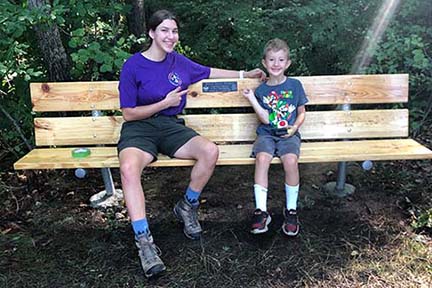

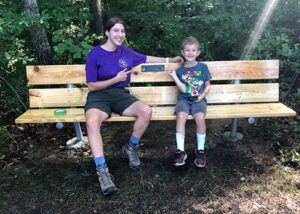
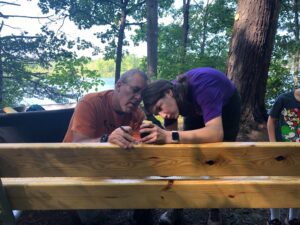
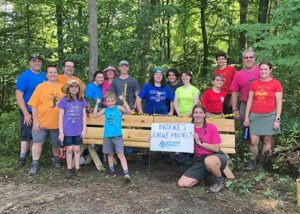

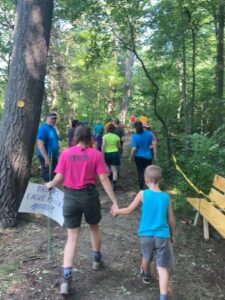

 Clinics and Doses 091521 FINAL.pdf
Clinics and Doses 091521 FINAL.pdf


